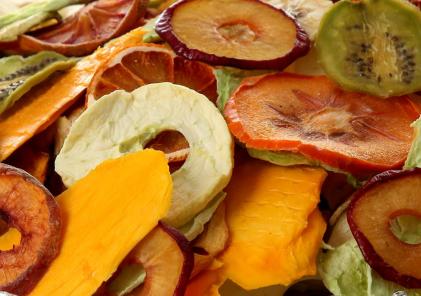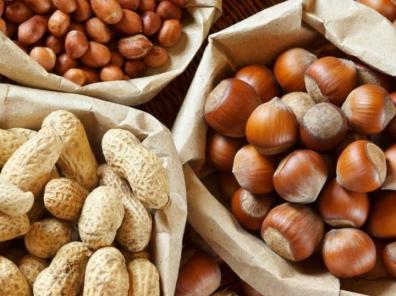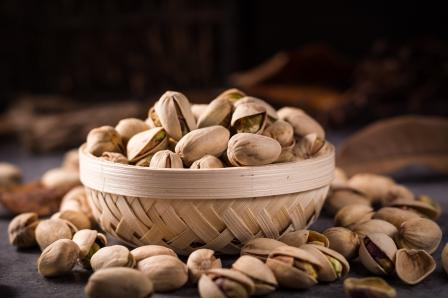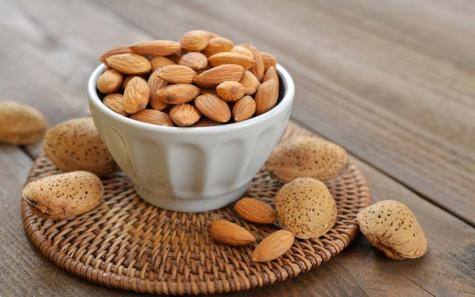Pregnancy is a time of immense joy and excitement, but it also comes with a lot of questions and concerns about what you should and shouldn’t eat. One food that often sparks debate is almonds. As a powerhouse of nutrients, raw almonds can be a fantastic addition to a pregnant woman’s diet, providing a range of benefits for both the mother and the developing baby. In this comprehensive guide, we will explore the benefits, risks, and recommendations for consuming raw almonds during pregnancy. #### **Nutrient Profile of Raw Almonds** Almonds are packed with essential nutrients that are vital for a healthy pregnancy. Here’s a breakdown of the key nutrients found in raw almonds: 1. **Folate**: Folate is crucial for the development of the baby’s neural tube, which eventually becomes the brain and spinal cord. Adequate folate intake is essential in the early stages of pregnancy to prevent neural tube defects. 2. **Iron**: Iron is necessary for the production of hemoglobin, the protein in red blood cells that carries oxygen to the body’s tissues. Iron deficiency during pregnancy can lead to anemia, fatigue, and increased risk of preterm delivery. 3. **Calcium**: Calcium is essential for the development of the baby’s bones, teeth, and muscles. It also plays a role in nerve function and blood clotting. 4. **Protein**: Protein is the building block of cells and tissues, making it crucial for the growth and development of both the mother and the baby.

.
5. **Fiber**: Fiber helps prevent constipation, a common issue during pregnancy, and supports healthy digestion. 6. **Healthy Fats**: Almonds are a good source of healthy fats, including monounsaturated and polyunsaturated fats, which are important for brain development and overall health. #### **Benefits of Consuming Raw Almonds During Pregnancy** 1. **Brain Development**: The folate and healthy fats in almonds support the baby’s brain development, potentially reducing the risk of cognitive issues later in life. 2. **Bone Health**: The calcium content in almonds contributes to the development of strong bones and teeth in the growing fetus. 3. **Energy Boost**: The protein and healthy fats in almonds provide sustained energy, which can be beneficial for combating pregnancy fatigue. 4. **Digestive Health**: The fiber in almonds helps prevent constipation, a common complaint among pregnant women. 5. **Heart Health**: Almonds are a heart-healthy snack, rich in monounsaturated fats that can help lower cholesterol levels and reduce the risk of heart disease. 6. **Weight Management**: Almonds are a nutrient-dense snack that can help pregnant women feel full and satisfied, potentially preventing overeating and excessive weight gain. #### **Risks and Considerations** While raw almonds offer numerous benefits during pregnancy, there are some risks and considerations to keep in mind: 1. **Allergies**: Some individuals may have a nut allergy, including almonds. If you have a history of nut allergies, it’s best to avoid almonds altogether to prevent any adverse reactions.
..
2. **Portion Control**: Almonds are calorie-dense, so it’s essential to practice portion control to avoid excessive calorie intake, which could contribute to weight gain. 3. **Pesticide Exposure**: Raw almonds may contain pesticide residues, so opting for organic varieties can reduce the risk of exposure to harmful chemicals. 4. **Phytic Acid**: Almonds contain phytic acid, an anti-nutrient that can interfere with the absorption of certain minerals like iron and zinc. Soaking or roasting almonds can help reduce phytic acid levels. 5. **Oxalates**: Almonds also contain oxalates, which can contribute to kidney stone formation in susceptible individuals. If you have a history of kidney stones, it’s advisable to moderate your almond consumption. #### **How to Incorporate Raw Almonds Into Your Pregnancy Diet** Here are some simple and delicious ways to incorporate raw almonds into your pregnancy diet: 1. **Snack on Whole Almonds**: Enjoy a handful of raw almonds as a satisfying and nutritious snack between meals. 2. **Add Almond Butter to Toast or Smoothies**: Spread almond butter on whole grain toast or blend it into your favorite smoothie for a creamy and flavorful boost. 3. **Top Salads with Sliced Almonds**: Sprinkle sliced almonds on top of salads for a crunchy texture and nutty flavor. 4. **Include Almonds in Baked Goods**: Add chopped almonds to muffins, cookies, or homemade granola for added crunch and nutrients. 5. **Make Almond Milk**: Blend soaked almonds with water to create homemade almond milk, a delicious dairy-free alternative. #### **Conclusion** In conclusion, raw almonds can be a beneficial addition to a pregnant woman’s diet, providing essential nutrients that support the health and development of both the mother and the baby.
…
However, it’s essential to be mindful of potential risks, such as allergies, pesticide exposure, and phytic acid content. By practicing moderation and choosing organic varieties when possible, you can enjoy the many benefits that raw almonds have to offer during pregnancy. Remember to consult with your healthcare provider or a registered dietitian to ensure that almonds fit into your individual dietary needs and preferences during pregnancy. ### **Exploring Varieties of Raw Almonds** When it comes to incorporating raw almonds into your pregnancy diet, you may encounter various options and varieties. Here are some common types of raw almonds you might come across: 1. **Regular Raw Almonds**: These are the standard variety of raw almonds that have not undergone any additional processing or roasting. They are a versatile option for snacking or adding to recipes. 2. **Organic Raw Almonds**: Organic raw almonds are grown without the use of synthetic pesticides or fertilizers, making them a preferred choice for those looking to minimize pesticide exposure during pregnancy. 3. **Sprouted Raw Almonds**: Sprouted almonds have been soaked in water to begin the sprouting process, which can help reduce anti-nutrients like phytic acid and improve nutrient absorption. 4. **Blanched Raw Almonds**: Blanched almonds have had their skins removed, providing a milder flavor and smoother texture. They are often used in baking or making almond flour.




Your comment submitted.